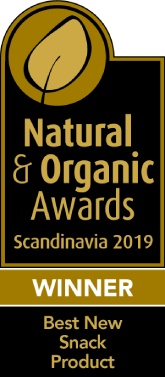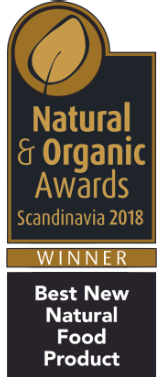The benefits of the freeze drying (Lyophilization) in the food industry
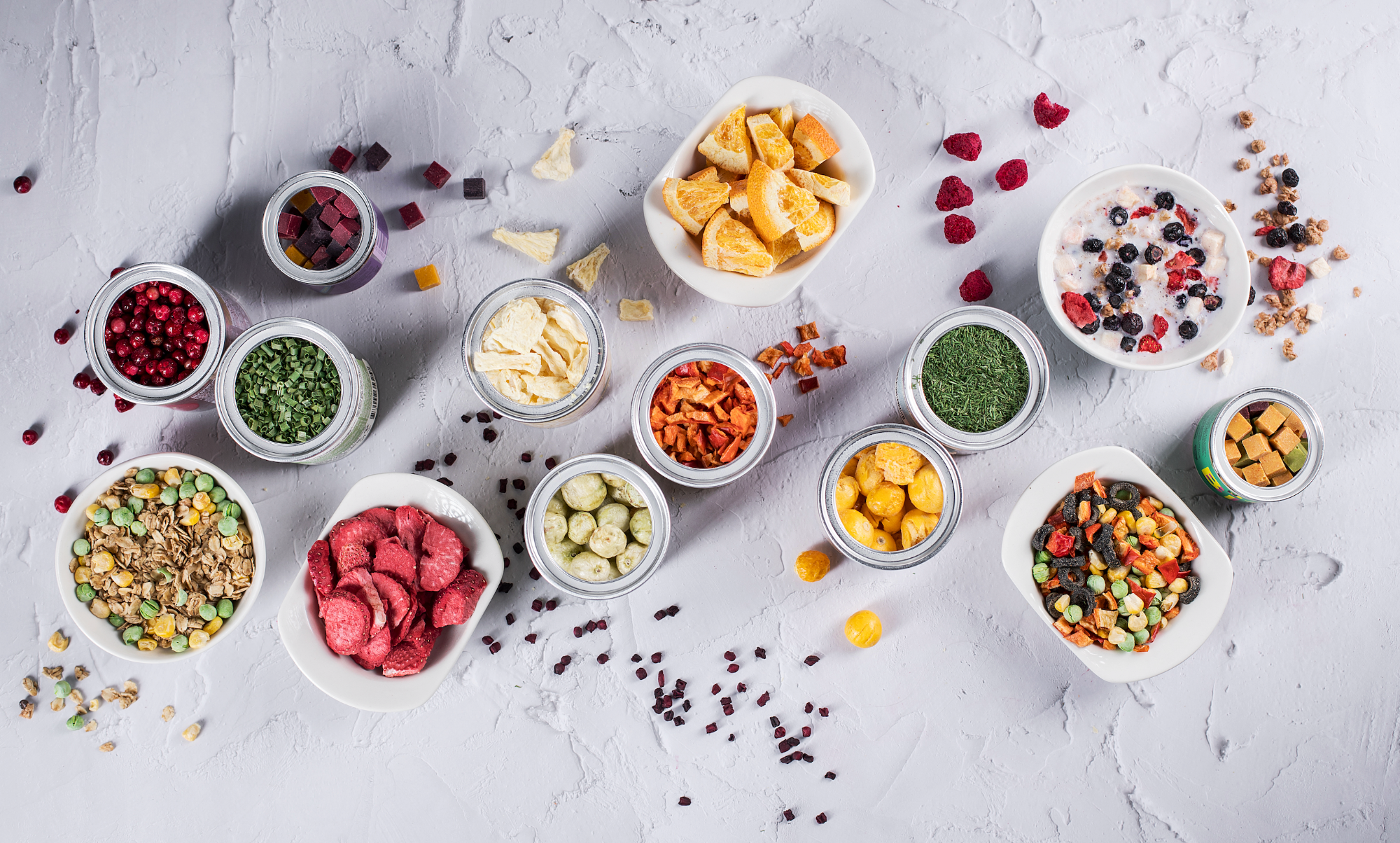
Freeze drying, or also known as lyophilization, is a form of dehydrating food and food products but also many other goods, like cosmetics and pharmaceuticals.
Lyophilization can be traced back to uses by indigenous populations in South America. Potatoes and other root-based vegetables that grew on their land, would be transported to high altitudes, pressed to remove the liquid and then preserved by the low temperatures at night.
This created a long-lasting, storable food called chuño, which could be used in emergency situations.
This ancient way of dehydrating and storing the goods is very similar to the theoretical process that is being followed today with the exception that today everything can happen in one room in machines.
It was not until the 1890s that freeze-drying started to be developed into an industrialized process by Richard Altmann who developed a process to freeze-dry plants and animal based products, but his process went largely unnoticed until the late 1920s and into the 1930s. Later in the 1950s and 1960s, with the consumer needs shifting, freeze-drying started to be used more widely in the food industry. Especially during the early days of the space program by NASA, where one of their many problems of how to feed the astronauts during their time away from Earth had to be solved.
NASA started funding research to find the best food preservation techniques. In 1971, it was reported to the Technology Utilization Office by NASA that other methods, including freeze-drying, seem to be the most effective methods. NASA continued trying to improve the freeze drying food method and technique and the dried food industry began adopting their methods as well.
By 1973 various meals could be freeze-dried from stews and even pasta dishes for campers and backpackers. Then is when NASA started experimenting and trying different alternative products like ice cream.
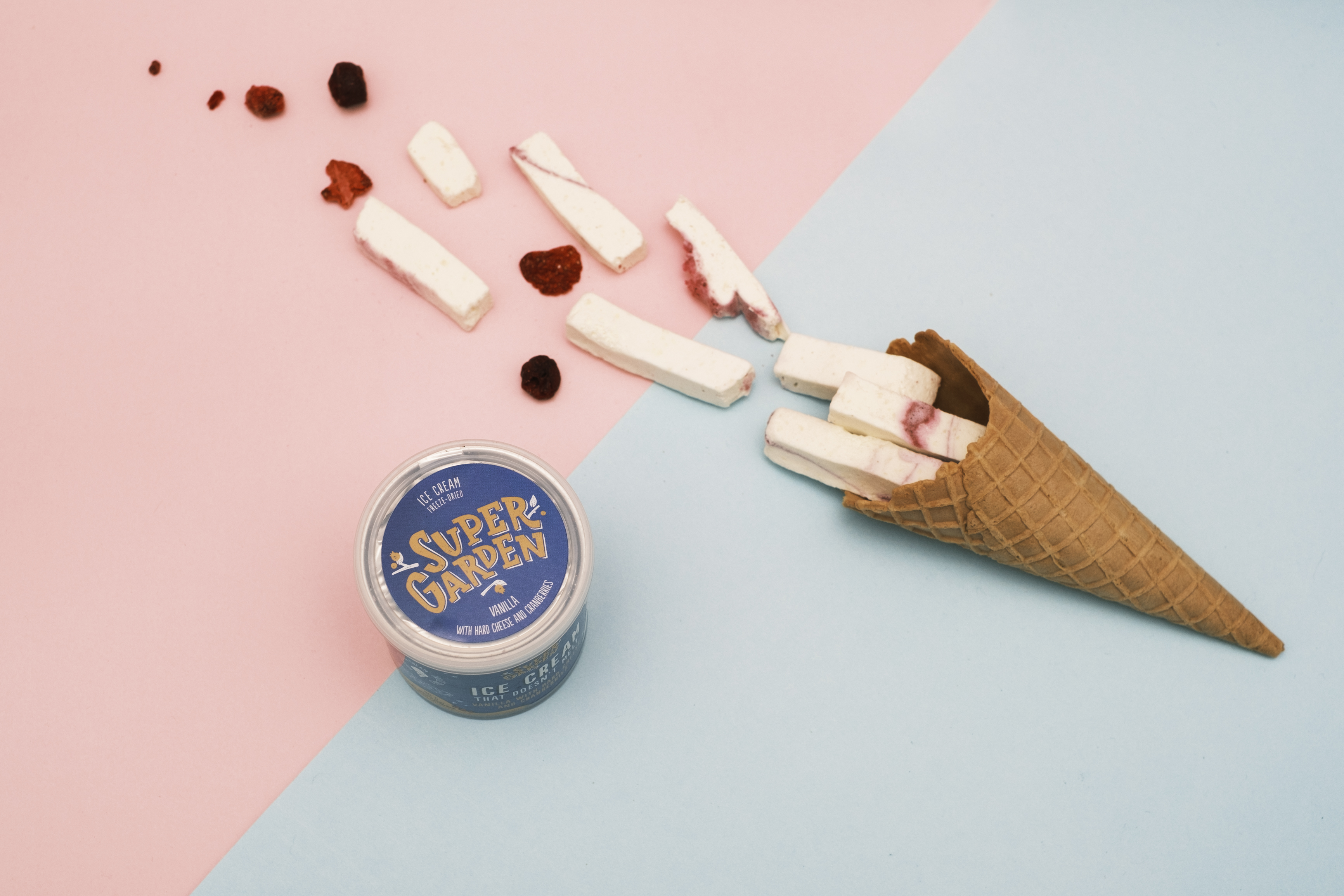
Today, daily we use many freeze dried foods, cosmetics and pharmaceuticals, without
realizing it The process of freeze drying products and their benefits are very valuable for us, our bodies, and the industries of food and pharmaceuticals.
But what are these so-called benefits that we are talking about over and over again?
They have extended the shelf-life
The primary purpose of freeze drying within the food industry is to extend the shelf-life of the food, while maintaining the quality. Because 98-99 percent of the moisture in food is being freeze dried, removed during the process, it has a shelf life of usually up to 25 to 30 years.
They maintain the quality of the products
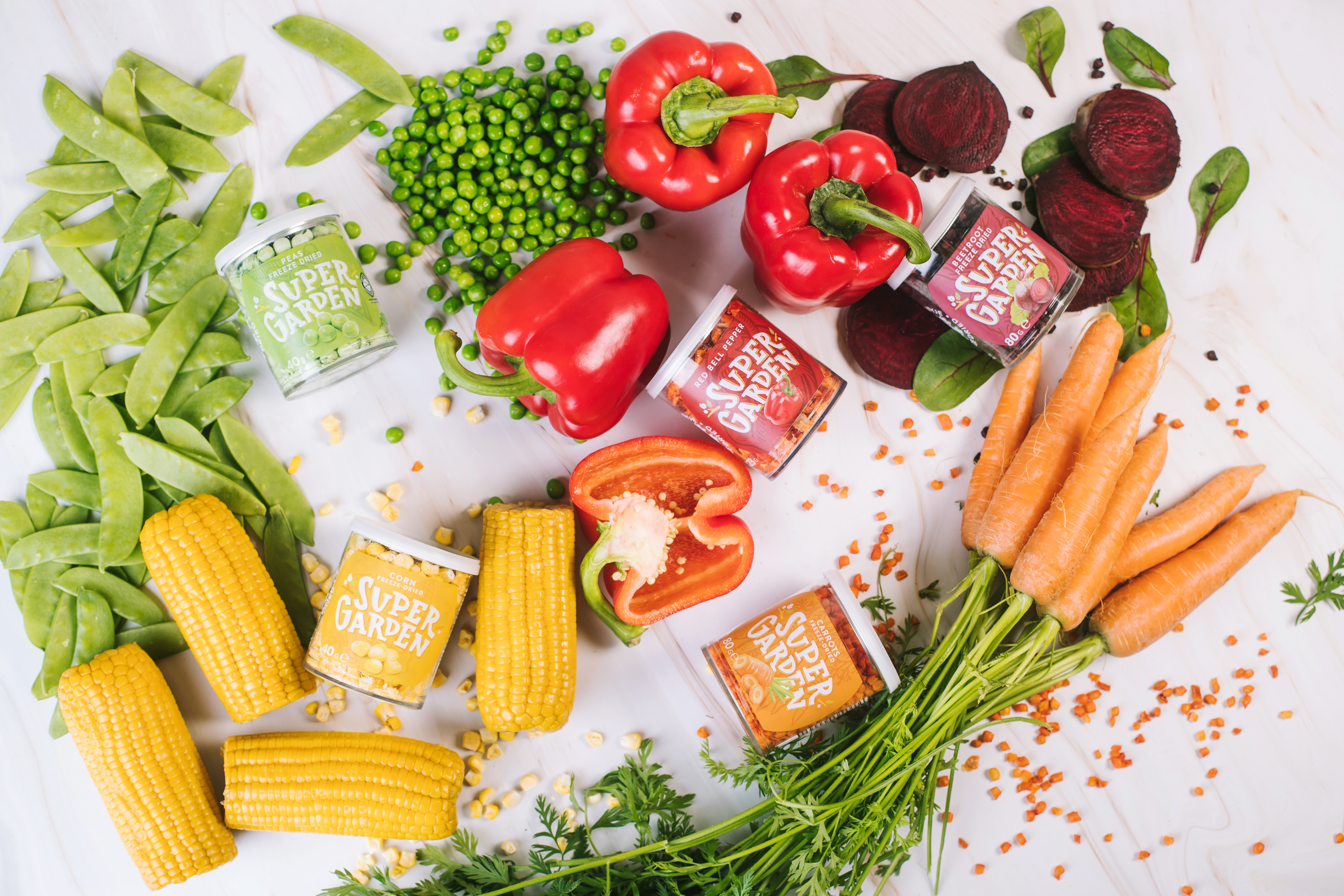
Freeze-drying is known to result in the highest quality of foods among all drying techniques because the structure of the cells of the food is mostly maintained along with preserving its flavors. Certain foods, like strawberries, but also in comparison to other methods of drying foods, when lyophilized they were found to have the highest quality to retain the color, the flavor, and the ability to be re-hydrated. Studies also show that the antioxidant phytochemicals found in fresh fruits and vegetables are retained at levels almost as high as before freeze-drying. Using freeze-dried fruits and vegetables is a good method for making sure you get all the antioxidants and vitamins your body needs while being at home, school, work, or while traveling, by adding them in your snacks and meals, so you know you will get all the necessary nutrients you might not get otherwise.
They are lightweight
Freeze-dried food is lightweight, which means that in comparison to its original weight it's up to 90% lighter than the original product. That makes it ideal for soldiers and astronauts, but also trekkers, bikers, climbers, sailors and people eager to stash some food in their house in case of emergency.
Sources
https://spinoff.nasa.gov/Spinoff2020/cg_2.html
https://www.news-medical.net/life-sciences/Lyophilization-(Freeze-drying)-in-the-Food-Industr y.aspx
https ://lyofood.com/blogs/lyofood-blog/the-freeze-drying-process
https://www.ivins.com/wp-content/uploads/2021/04/RCP-Freeze-drying-vs-Dehydrating- 1.pdf





 We manage inventory with StockM
We manage inventory with StockM




